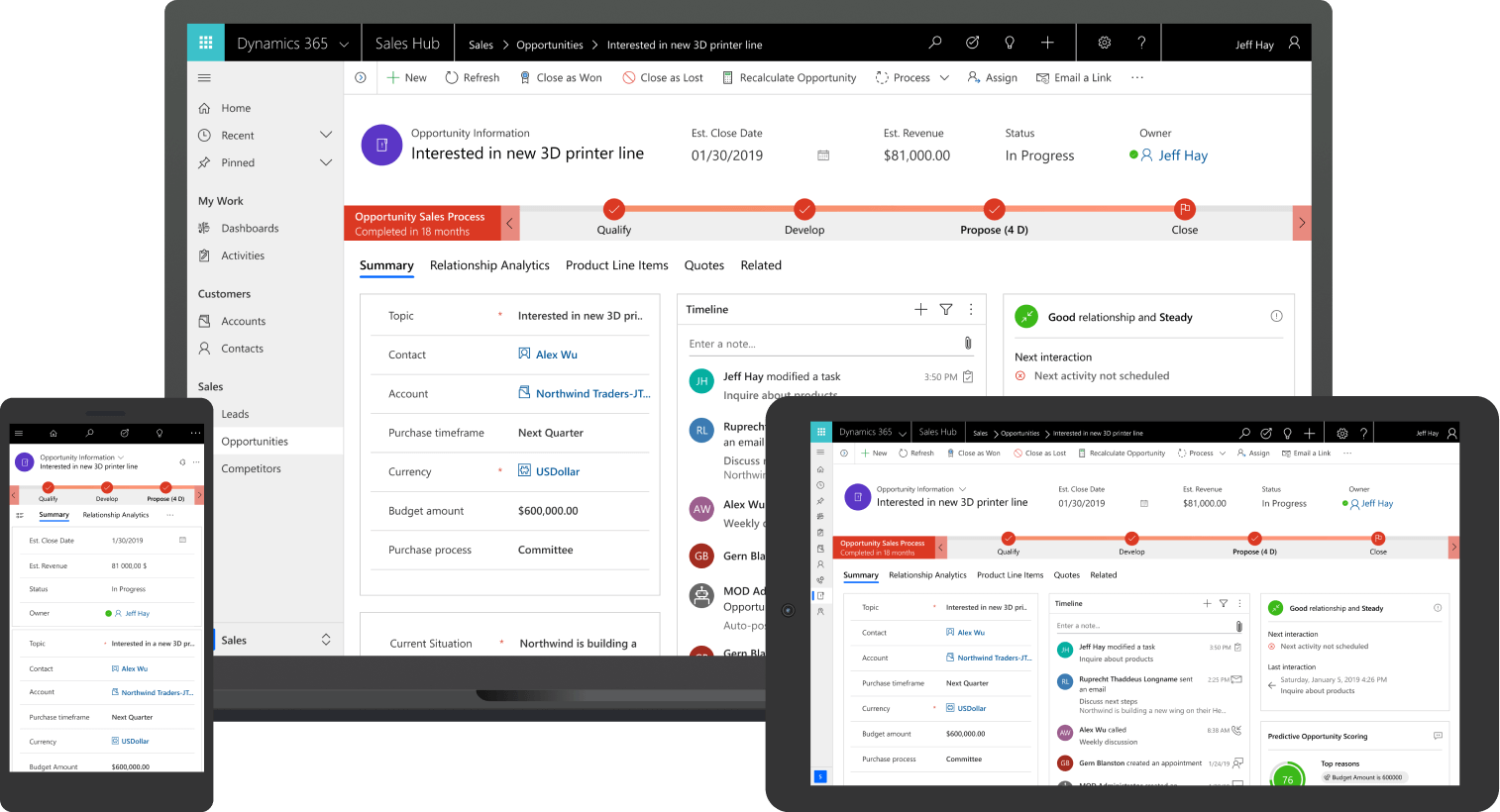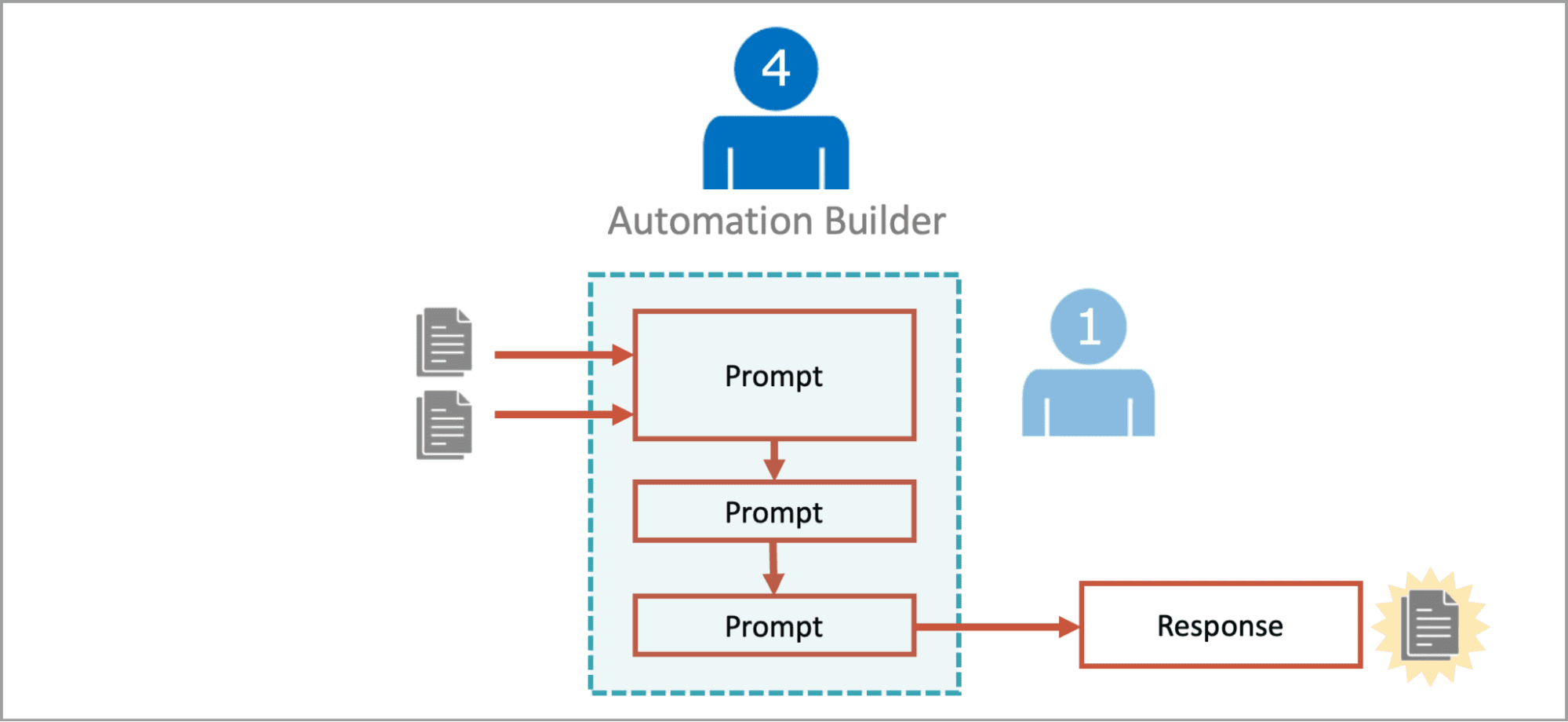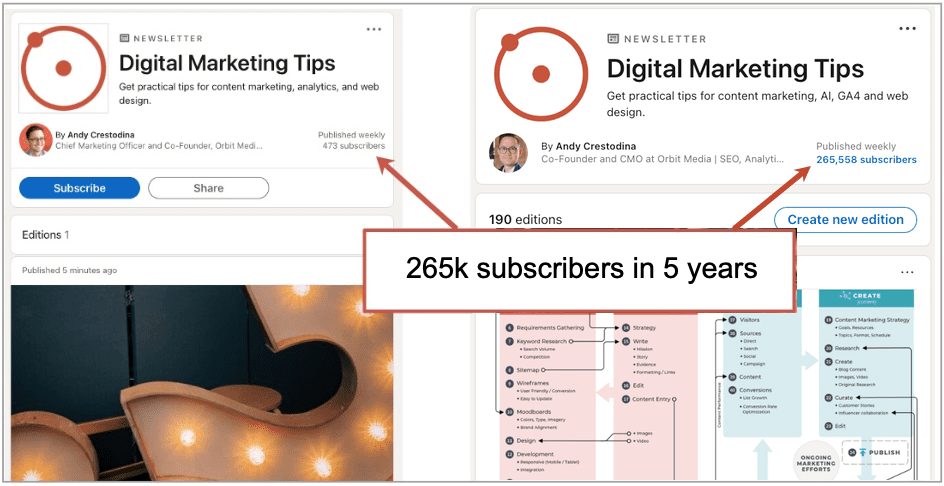my horrible old coworker is a customer at my new job, annoying ice-breakers, and more
It’s five answers to five questions. Here we go… 1. My remote team does annoying ice-breakers in all our meetings My fully remote team has a habit of arranging quite annoying ice breakers/team building exercises for our meetings. In the past these have included: draw your mood on the whiteboard, guess the song and sing […] The post my horrible old coworker is a customer at my new job, annoying ice-breakers, and more appeared first on Ask a Manager.

It’s five answers to five questions. Here we go…
1. My remote team does annoying ice-breakers in all our meetings
My fully remote team has a habit of arranging quite annoying ice breakers/team building exercises for our meetings. In the past these have included: draw your mood on the whiteboard, guess the song and sing a few bars, and others which I find too intrusive and infantile for a work context (they honestly seem like activities you would do with small children). These activities are arranged by the team admin, but seem to have the approval of the team manager.
Other team members look uncomfortable during these activities, but because of our relationship (we mostly just communicate over Slack, are not friends outside of work, and have never met in person), I don’t feel I can raise it with any of them. Is there any way out of these activities? Is it worth raising in a one-to-one with my manager? I really do find these situations excruciating.
Are you comfortable speaking up in a meeting the next time one of these is announced? In your shoes, I’d say something like, “Before we do the music game, can I ask if everyone else likes doing these activities? I don’t really find them useful and would love to just jump into our agenda, and I wondered if others might feel the same.” It takes some capital to do that but not a ton; you wouldn’t say it on your second week on the job, obviously, or if you were currently putting all your capital into some other battle, but most people are reasonably well positioned to say something like that. Since you said others have been looking uncomfortable too, the hope is that a few of them would chime in and agree.
If you’re not comfortable with that, you can raise it with your manager instead. Sample wording: “I’ve been really uncomfortable with some of the ice-breakers we’ve been doing at the start of meetings, and I wondered if you might get feedback from the rest of the team about whether they like them or find them useful. My sense is that a lot of us would prefer just to jump into the agenda and don’t love being asked to sing or draw and so forth, so I wanted to see if it’s something we could revisit.”
Also: you can develop your relationships with your coworkers even though you’re all remote! It does take more deliberate effort, but you can joke around on Slack and be a warm, friendly person in writing and develop the kind of relationship where you feel comfortable messaging each other to say, “Does this feel like too much to you? Do you think it’s worth raising with Jane?” and so forth — and it helps so much in situations like this to have that. In fact, I wouldn’t be surprised if you already have the kind of relationship where you could send one of them that message; you don’t need to have a full-on friendship to talk about stuff like that with colleagues, even when your communications been totally work-based. In fact, that kind of exchange is sometimes how those relationships deepen.
(Ironically, your manager is probably hoping all these ice-breakers will facilitate relationships like that)
Related:
the magic mushrooms, the underwear scavenger hunt, and other awful workplace ice-breakers
2. My horrible old coworker is a customer at my new job (and keeps lying about me)
I left a job in 2021 for various reasons, but a big cause was my former coworker, “K.” K loved spreading lies and exaggerating the truth, and even though the manager was fully aware of it, she did nothing to stop her.
I started my current job (banker) toward the end of 2023 and I absolutely love it, not because of the job itself, but because of the team and my manager. My team has my back, even if I mess up, and my manager will argue for me if it ever comes down to it. The trouble is, K is a customer at my bank.
It’s unrealistic to think that everyone is going to love me, but what shocks me is how much K tries to lie about me and damage me professionally. We record all of our phone calls for legal purposes, and she persists in calling me a very offensive word. I found out about this after branch services reviewed a few calls. She also has tried numerous times to convince my manager that I lie about chronic illnesses to get away with being lazy. Every time she speaks to my manager, she tells her that I have a history of attendance issues (I don’t) and that I have horrible customer service skills (we have several customers who’ve listed my name in their positive reviews).
My manager assured me that she doesn’t believe K and the entire team can’t stand her, but we have to play nice with her because she’s been a customer for several years. I avoid interacting with K and try to think of her as little as possible, but I’m getting very tired of hearing about her latest attempts to cause trouble for me. I’m also concerned that she could damage my professional reputation with her pettiness. Is there anything I can do to protect myself?
I don’t love that your manager apparently keeps telling you all the complaints K is making about you. If your manager knows she’s a liar with a vendetta against you, couldn’t she just … stop telling you? And is that something you’d want to ask her for — framed as, “It’s rough to keep hearing about the things K is saying about me. You sound confident that her complaints are untrue and so, assuming that remains the case, would it be an option not to loop me in on what she says? Obviously I understand you need to raise anything you need a response from me about, but when that’s not needed, it would be a lot less stressful not to be looped in each time.”
You could also ask your manager what you asked me: “I appreciate how clear you’ve made it that you have my back, but I’m concerned that K will damage my professional reputation. Can you help me figure out whether there are things I can do to protect myself?”
3. Giving feedback to candidates on the spot
I have a question about interview style. At the company where I work, we have a presentation stage as part of the interview process, where the candidate presents to a panel of 3-5 people. We assess technical skills as well as communication, objection handling, and other key presentation abilities.
After the presentation, one of my colleagues provides live feedback directly to the candidate, highlighting strengths and areas for improvement. In my experience, it is not typical to give live feedback during interviews — and usually for good reason.
My personal style when conducting interviews is to be polite, interested, and direct. However, I try to avoid any statement that implies we are continuing with this candidate. I avoid statements of praise (e.g., “That was a great answer,” “good job”). I even try to avoid statements like, “In this role, you will be doing XYZ.” These types of statements can lead to an expectation that we are proceeding with the candidate and disappointment if we don’t.
Curious what you thought about this. Is providing live feedback during interviews considered normal or advisable?
I’m curious to know the reason for doing it. If it’s to see how the candidate responds to and incorporates feedback, it can be valuable (like if there’s any sort of further work simulation or presentation after that, it could be hugely useful to see what they do with your feedback, if anything). Or if it’s a role where the person will need to handle feedback gracefully from a variety of stakeholders (or the public), it could be valuable for that reason.
But if it’s not for any evaluation purpose like that, it’s … unusual. Not necessarily wrong; some candidates would probably appreciate hearing feedback on the spot. But others really won’t, and you also get into the whole slew of legal issues why employers are often wary of giving feedback in hiring, like that if you tell Candidate X they need more expertise in Y and then hire Candidate Z who has even less, you risk Candidate X concluding that your real reason for not hiring them was something discriminatory. It’s also pretty hard to deliver nuanced, helpful feedback on the spot in ways that will land exactly as you intend it with someone you don’t have an existing relationship with, and for all of them to handle it well in the moment. So if you’re doing it just because you think it’s helpful to candidates, I’d rethink when you’re providing it, and maybe provide it afterwards rather than right there in-person.
4. Missing work due to an arrest at a protest
Due to *gestures at everything* I’ve been attending a lot of protests recently. After the most recent protest in my city, two people were arrested, despite the protest being non-violent. This makes me nervous for obvious reasons.
The dumbest thing I’m worried about is that I have a shift that starts a few hours after the next protest ends. I know this is unlikely, but if I were arrested, what would I do about work? I figure when I’m allowed to make a phone call, I’d ask my person to call into work for me. But we get “points” for calling in, coming in late, etc. A certain number of points gets a write-up, enough is a firing. If I were to get arrested for no reason and missed a shift, would there be anything I could do to challenge it?
Again, I realize this is highly unlikely to happen to me personally. But there is a decent chance that someone will face this problem.
It’s not a dumb thing to think about! Employers are allowed to discipline or fire you for missing a scheduled shift, even if the reason you missed it was because of a wrongful arrest. You could explain what happened and that your absence wasn’t deliberate and was out of your control … but some employers will hold it against you regardless, and legally they’re permitted to do that.
5. Encouraged to apply for internal jobs, but always passed over
This question is for my husband. He’s worked at the same company through various iterations for over 20 years. Let’s say they do product distribution — he went from driver, to warehouse, to CSR, and then a position on the procurement team. At that time it was owned by an American company (we’re in Canada) and they decided after a couple of years that they were moving those positions to the U.S. Most of the team was let go, but due to his long history with the company, he was offered to return to the CSR position (but no loss in pay) and they would keep him in mind for positions as they opened up.
The company has since been sold back to another Canadian company, but many of the decision-makers are the same. After many years of being asked to apply for various positions and being passed over, he has become very frustrated. The most recent time was a few weeks ago. The person who got the job has more recent experience than my husband (due to my husband being stuck in the CSR position for the last few years). He understands why they went with this person but in every instance, they are approaching him for a position, only to go with someone else.
He is widely respected, does an excellent job, is completely professional, and his direct supervisor seemed shocked that he didn’t get this position. Other than looking for another job, what would you recommend he do here? He has become quite demoralized.
He should do two things simultaneously: He should talk to his manager and ask for a realistic assessment of what might be going on, and why he keeps getting encouraged to apply for positions that he never seems to get. He could say something like, “If there’s something you think I might be doing or not doing that’s holding me back, I’d be really grateful for candid feedback — please don’t hold back if there’s something that you think might explain it.” But at the same time, he should also start actively job-searching. For whatever reason, he hasn’t been able to advance in the way he wants at this company — maybe there’s a reason for that or maybe there isn’t, but what he does know is that so far it’s not happening. So it makes sense to look outside the company too.
The post my horrible old coworker is a customer at my new job, annoying ice-breakers, and more appeared first on Ask a Manager.









































































































![Building A Digital PR Strategy: 10 Essential Steps for Beginners [With Examples]](https://buzzsumo.com/wp-content/uploads/2023/09/Building-A-Digital-PR-Strategy-10-Essential-Steps-for-Beginners-With-Examples-bblog-masthead.jpg)







































